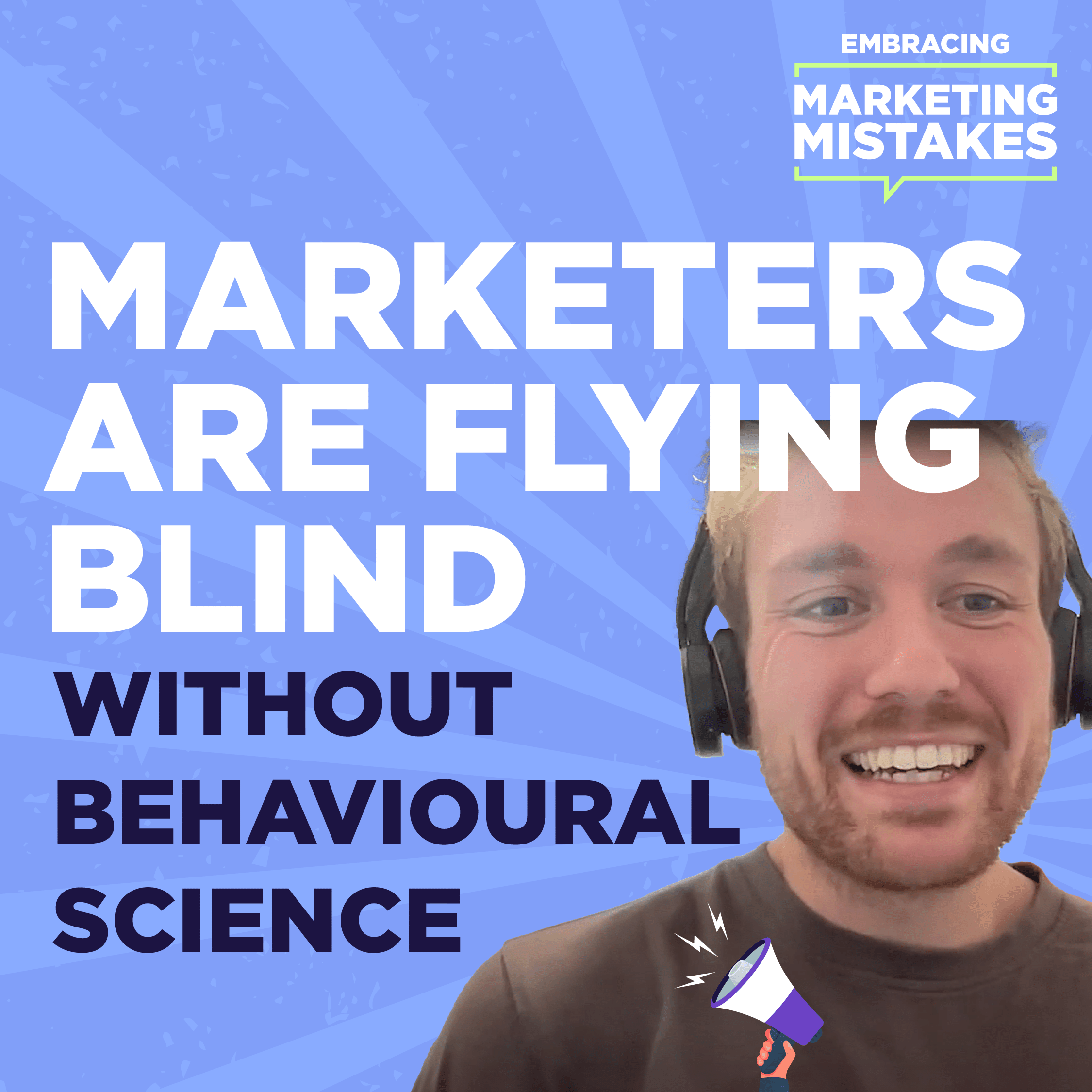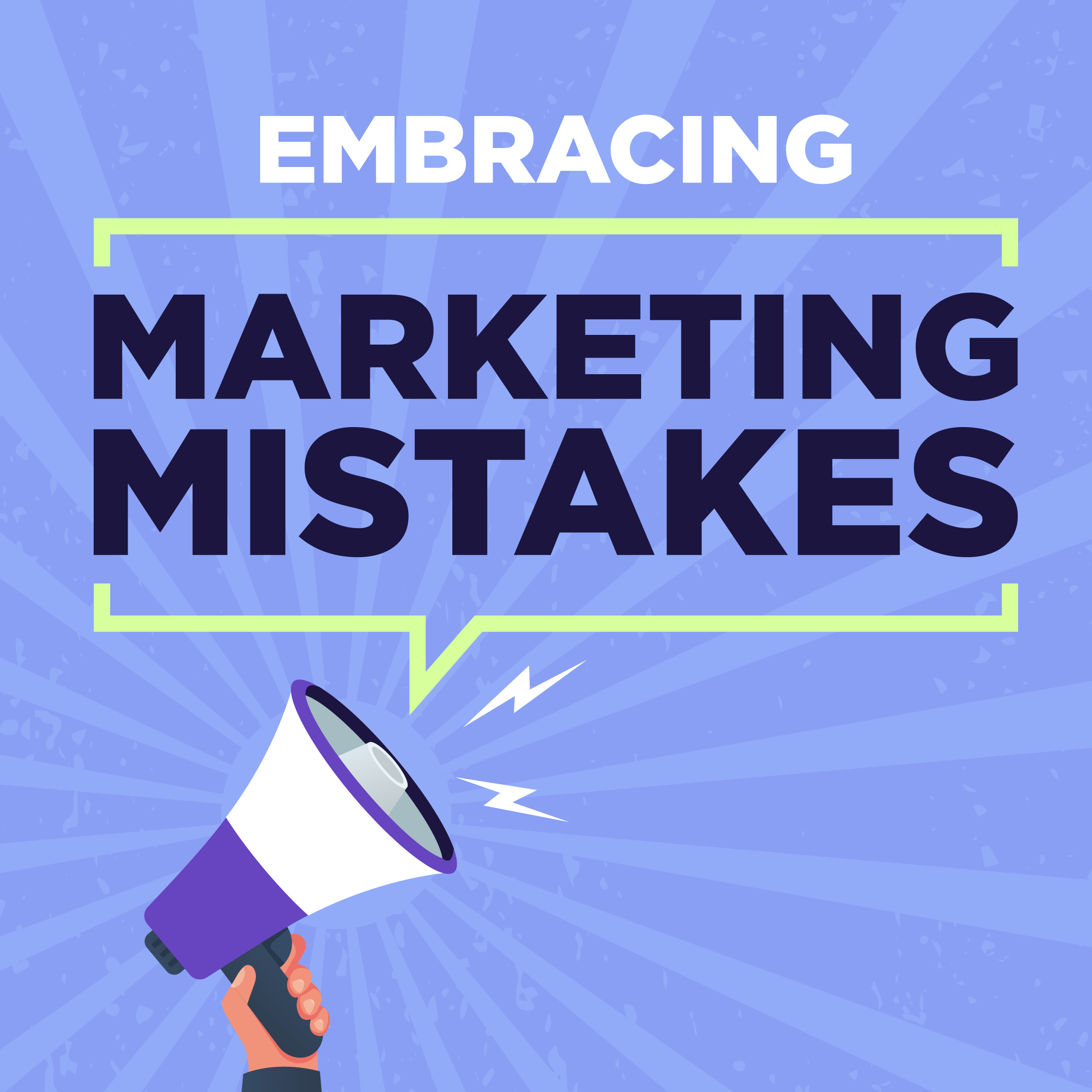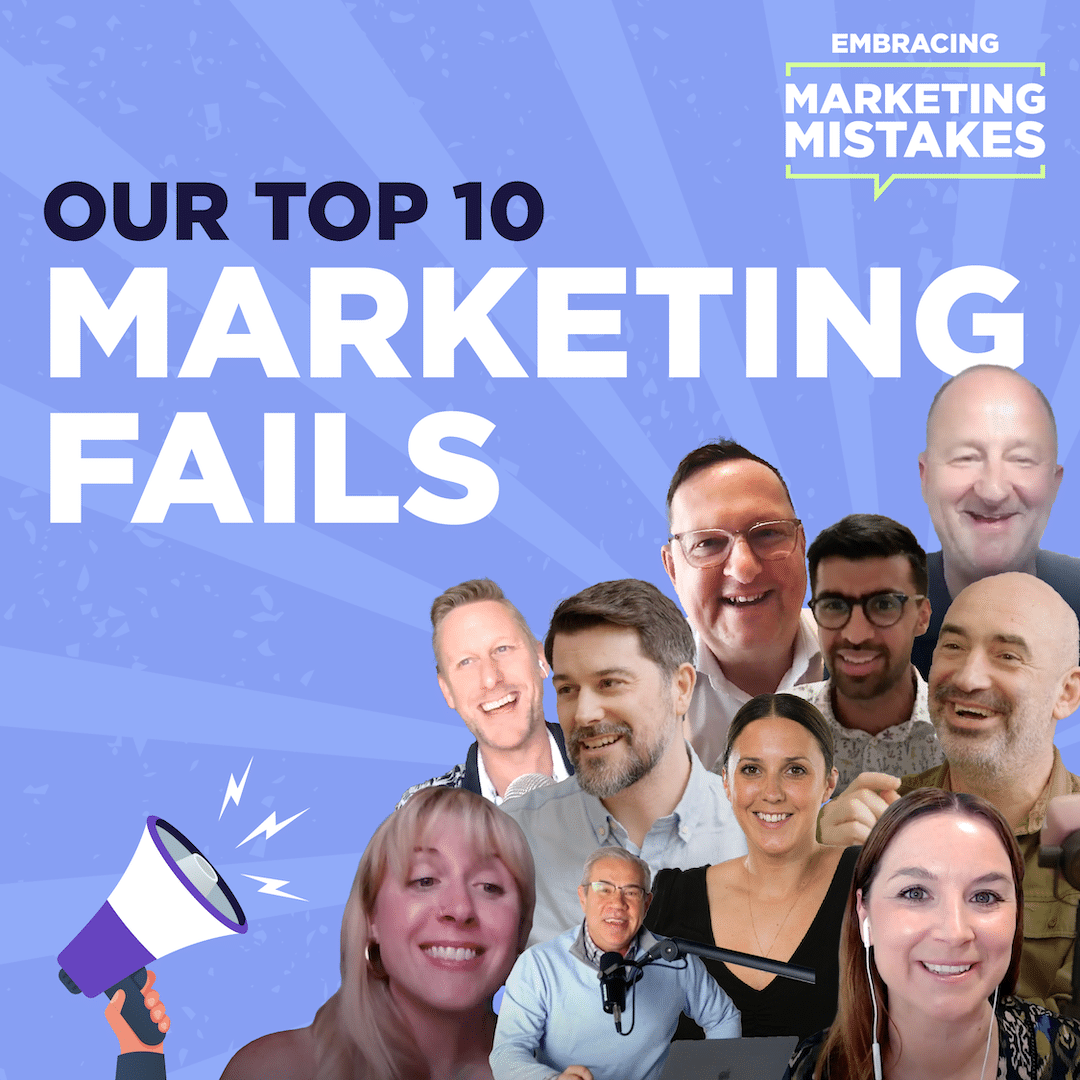
I would like to start by thanking my good friend Andrew Bruce-Smith for coming on the podcast and sharing his thoughts. He had some fascinating stories about AI and an even better story about his biggest mistake in his job which was hilarious.
Artificial Intelligence (AI) has revolutionised the marketing landscape, presenting marketers with new opportunities to enhance their strategies and deliver more personalised experiences to their audience. In this post, I will do my best to explore the ways in which AI is reshaping the world of marketing and how marketers can leverage its full potential to drive success. I will delve gently into the impact of AI on marketing, its applications in PR and marketing, the exploration of AI tools and considerations, and its impact on copyright and creativity.
However, if you want a much more detailed view listen to the episode.
The Impact of AI on Marketing
AI has had a profound impact on various aspects of marketing, from data analysis to customer experience. With AI-powered tools and algorithms, marketers can now gain valuable insights from vast amounts of data, enabling them to make data-driven decisions and optimise their strategies effectively.
One of the key areas where AI has made a significant impact is in customer segmentation and targeting. AI algorithms can analyse customer data to identify patterns and preferences, allowing marketers to create highly targeted and personalized marketing campaigns. This level of personalisation can result in higher engagement, increased conversion rates, and ultimately, better ROI for marketing efforts.
AI has also transformed the way marketers approach content creation and optimisation. Natural Language Processing (NLP) algorithms can analyse and understand written content, helping marketers optimize their website content for search engines. By incorporating relevant keywords, improving readability, and ensuring semantic relevance, AI-powered content optimisation tools can help marketers achieve higher search engine rankings and drive organic traffic to their websites.
AI Applications in PR and Marketing
AI is not only transforming marketing strategies but also revolutionising the way PR professionals operate. AI-powered tools can analyse vast amounts of data from news articles, social media mentions, and customer reviews to help PR professionals monitor brand reputation, identify potential crises, and develop effective communication strategies.
Another area where AI is making waves is in customer service and support. Chatbots, powered by AI algorithms, can handle customer queries and provide instant responses, improving customer satisfaction and reducing response times. These virtual assistants can also collect customer data and provide personalized recommendations, enhancing the overall customer experience.
Moreover, AI is enabling marketers to automate repetitive tasks, such as data entry and reporting, freeing up valuable time for marketers to focus on more strategic activities. AI-powered automation tools can streamline marketing workflows, optimise campaign performance, and improve overall efficiency.
Exploring AI Tools and Considerations
With the rapid advancement of AI technology, marketers now have access to a wide range of AI tools and platforms. However, choosing the right AI tool for your marketing needs can be a daunting task. Let’s explore some popular AI tools and considerations to keep in mind when selecting the right one for your business.
- Chat GPT: Chat GPT is a conversational AI model developed by OpenAI. It can generate human-like responses and engage in interactive conversations with users. This tool can be used to enhance customer service and support, providing personalized and efficient responses to customer queries.
- Claude: Claude is an AI-powered content optimization tool that uses NLP algorithms to analyse and optimise written content. It can help improve the readability, relevance, and SEO-friendliness of website content, leading to higher search engine rankings and increased organic traffic.
- Bard: Bard is an AI tool specifically designed for content creation. It can generate high-quality, engaging content on a wide range of topics, saving marketers time and effort in content creation. However, it is important to ensure that the generated content aligns with your brand voice and messaging. The thing I like about Bard is its pretty up to date compared with the free version of ChatGPT.
When considering AI tools, it is crucial to assess factors such as ease of use, scalability, compatibility with existing systems, and the level of support provided by the tool’s developers. Additionally, data security and privacy should always be a top priority when leveraging AI tools that involve customer data.
AI’s Impact on Copyright and Creativity
The rise of AI in content creation has raised concerns regarding copyright and creativity. AI-powered tools can generate content that is indistinguishable from human-created content, blurring the lines between original and AI-generated work. This poses challenges in terms of copyright ownership and attribution.
Furthermore, AI-generated content can also be used to spread misinformation or manipulate public opinion. As PR and marketing professionals, it is crucial to be vigilant and ensure that AI-generated content aligns with ethical standards and reflects accurate information.
To mitigate these challenges, it is important to have clear guidelines and policies in place regarding the use of AI-generated content. Transparency in disclosing the use of AI in content creation can help build trust with the audience and maintain the integrity of the brand.
Looking to the Future of AI in Marketing
As AI continues to evolve, it is essential for marketers to stay ahead of the curve and embrace the possibilities it offers. Ethical considerations become increasingly important as AI becomes more integrated into marketing strategies. Transparency, accountability, and responsible use of AI are crucial to maintaining trust with clients and consumers.
In the future, AI is expected to play an even more significant role in marketing. Advancements in AI technology, such as machine learning and deep learning, will further enhance marketers’ capabilities to analyse data, predict consumer behavior, and deliver highly personalized experiences.
AI-powered voice assistants and smart devices will continue to shape the way consumers interact with brands. Marketers should adapt their strategies to optimise for voice search and leverage AI-powered voice assistants to deliver seamless and personalised customer experiences.
To wrap things up, AI is a game-changer for marketers, offering unprecedented opportunities to optimize marketing strategies, personalise customer experiences, automate tasks, and gain valuable insights from data. By embracing AI and its potential, marketers can stay ahead of the competition and drive success in the rapidly evolving digital landscape.
So, are you ready to unleash the power of AI in your marketing efforts? Embrace the possibilities, explore AI tools, and navigate the AI era with confidence and creativity. The future of marketing is here, and AI is leading the way!
Podcast Creation with Prohibition
Looking to create your own podcast? Prohibition is the agency for you! We have worked with the UK’s largest luxury watch retailer, Watches of Switzerland, on their podcast. Feel free to contact us for our podcast services.
Subscribe to stay in the loop with our latest episodes of Socially Unacceptable! Next, we’ll be delving into the world of publishing with Cassie Moyse, UK Property Business Woman of the Year and Director of Portfolio North.
Chris Norton is the founder of Prohibition and an award winning communications consultant with more than twenty years’ experience. He was a lecturer at Leeds Beckett University and has had a varied PR career having worked both in-house and in a number of large consultancies. He is an Integrated PR and social media blogger and writes on a wide variety of blogs across a huge amount of topics from digital marketing, social media marketing right through to technology and crisis management.


